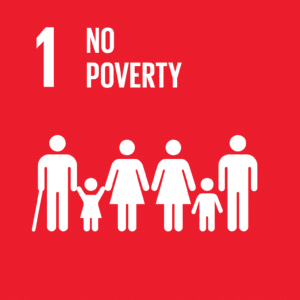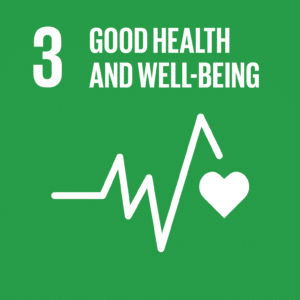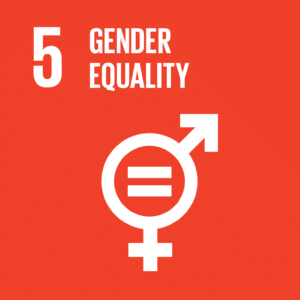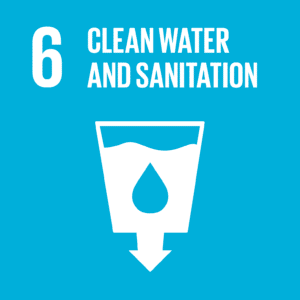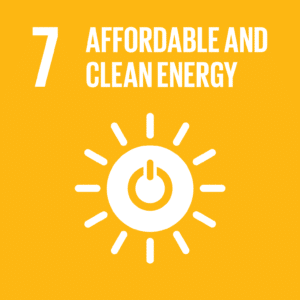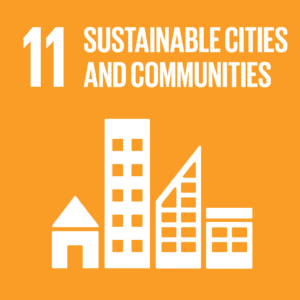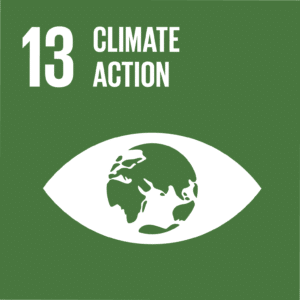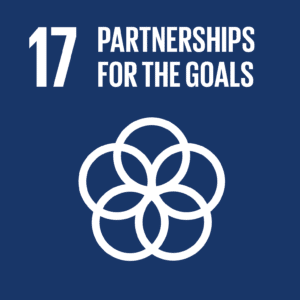Climate-adaptive drinking water supply and management
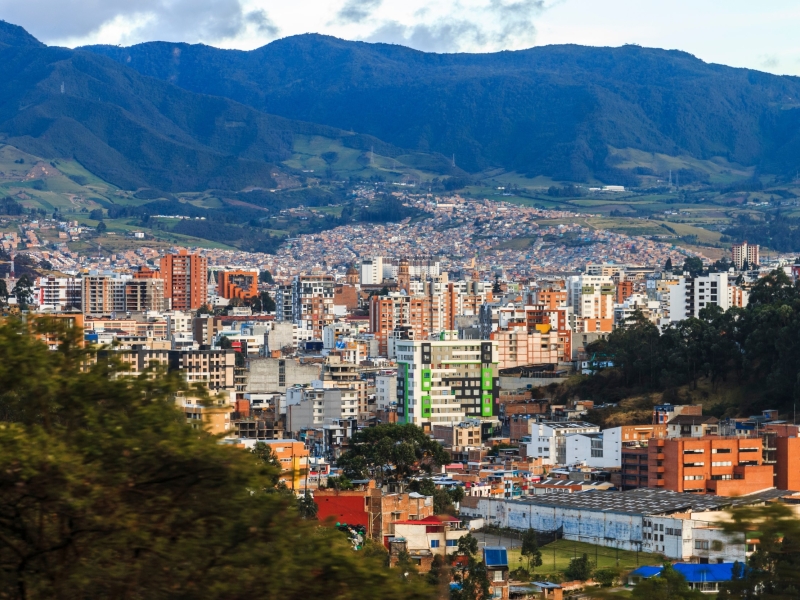
Access to clean drinking water in the Pasto region of Colombia
Colombia, the fourth-largest country in South America, counts 52 million people, 81% of whom live in urban areas. Despite this, over one million Colombians lack access to clean and safe drinking water, posing a serious public health challenge.
In the suburban region of Pasto, which has a population of 400,000, the situation is particularly alarming. More than 70% of the communities in this area rely on contaminated drinking water, with 57% at heightened risk of severe health issues.
The main contaminants include iron, manganese, aluminium, and ammonium, whose concentrations are increasing due to climate change. Intense rainfall, landslides, and floods contribute to higher levels of metals in the water. Additionally, wastewater discharge and runoff from agricultural fertilizers exacerbate pollution levels further.
Carbon-neutral, decentralised drinking water systems with Q-Drop technology
To address the drinking water challenges in Pasto, several communities are being equipped with innovative, climate-resilient water systems that utilise both solar energy and the local electricity grid. BOSAQ’s innovative Q-Drop technology uses local river water to produce safe and clean drinking water. This technology combines advanced filtration to remove contaminants such as iron, manganese, aluminium, and ammonium with innovative disinfection techniques. The hybrid operation of the system also ensures water production even outside of solar hours.
In addition to technical solutions, raising awareness also plays a vital role. Through educational programmes, workshops, and train-the-trainer methodologies developed by HOWEST, residents will learn to manage water and wastewater responsibly. Special attention is given to girls and women, with a focus on hygiene and social equality. Furthermore, VITO will conduct scenario analyses in collaboration with local and regional stakeholders to explore decentralised water management and energy services, examing technical options to make rural communities more climate-resilient.
Nine suburban communities in Pasto (approximately 10,400 residents) will have access to safe and clean drinking water thanks to the innovative solar-powered Q-Drop installations. This will reduce CO2 emissions by 261 tonnes annually compared to systems fully connected to the electricity grid.
The project not only makes a significant contribution to combating climate change by using renewable energy but also plays a crucial role in improving public health by ensuring access to clean drinking water.
Would you like to know more about this project?




